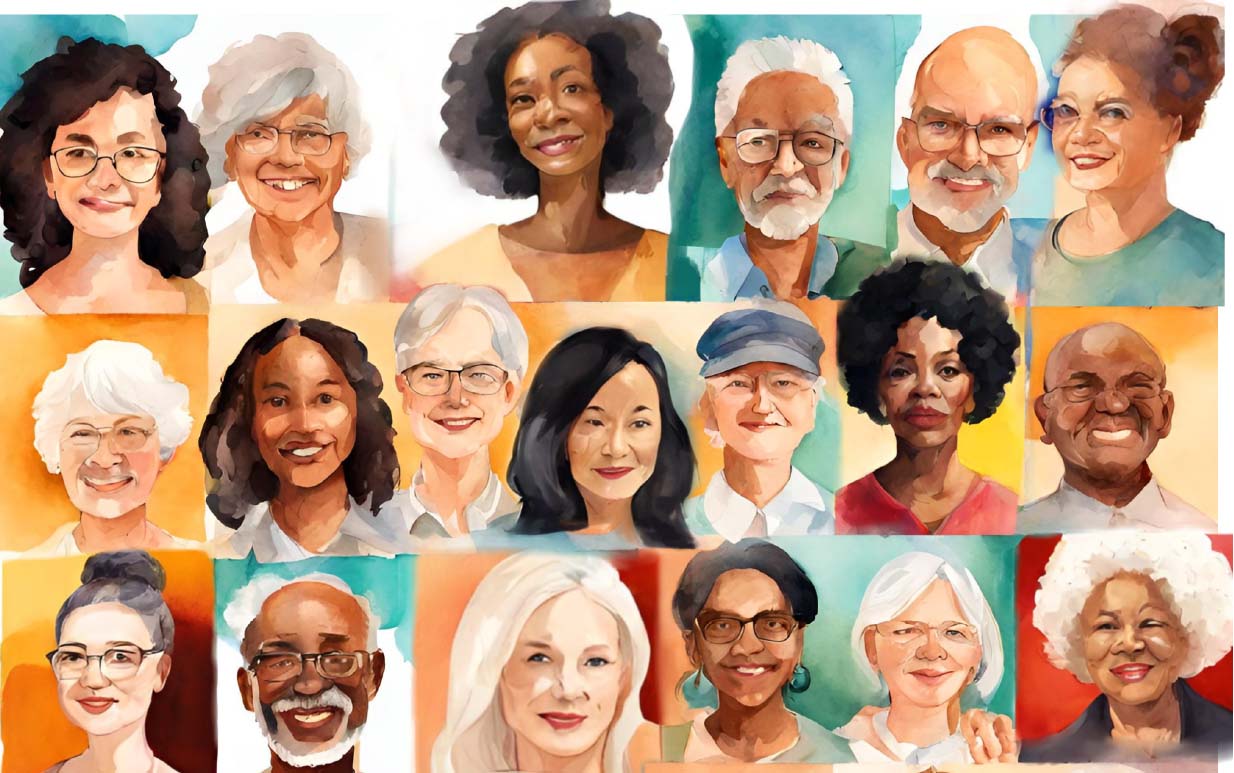"You don't have to know the way
The way knows the way
You don't have to plan the way
Trust the way, feel your way
The way knows
The way knows
The way knows the way"
LYRICS FROM "THE WAY KNOWS THE WAY" BY LYNDSEY SCOTT
_____
Over 55 years ago, in December of 1967, a movie called Guess Who's Coming to Dinner appeared in the theaters. In this film, "a free-thinking white woman and black doctor become engaged [and] they travel to San Francisco to meet her parents [who] are wealthy liberals who must confront the latent racism the coming marriage arouses". In essence, a proverbial elephant appears at the door, is invited in and given a seat at the dinner table, and its stomach is rumbling, waiting and wanting of nourishment just like all the other guests.
Something of this dynamic has been going on in my own home these past five weeks and counting, though the elephant I open the door for each week is not racism, but rather grief. Though racism and grief are strikingly different phenomena, they do have a few things in common.
Racism and grief in many of our circles - familial, professional, communal, cultural, spiritual - are, or have been in recent history, considered taboo topics. They are complex, challenging, and uncomfortable to talk about, often because they bring up past experiences, personal and collective, that have caused harm and inflicted pain, and we have yet to fully heal.
As an act of protection and self-preservation, then, we have chosen, and continue to choose, to turn away from these topics, to sweep them under the rug, to hide them away in our closets behind closed doors. Out of sight and out of mind, thank you very much.
Like racism, inviting grief into our home and giving it a seat at our table requires vulnerability and openness. It may even feel like quite a radical act, as so many of us have been told by others - overtly and discretely - that these phenomena are scary, threatening, and/or dangerous. Who in their right minds would offer nourishment to their enemies, after all?
And yet...
...my experience inviting grief into my home, into intimate circles of women in my family room and at my dinner table over these past five weeks and counting, has been nothing short of phenomenal.
Each week I open my front door with a willing heart, gratefully receiving each woman and the grief she brings with her. Each week, we set the table together literally and figuratively, and practice feeding grief by creating space for it to flow freely. By remembering it back into form as a source of beauty, love and praise, as well as pain and sorrow. By taking creative action with our voices, our hands, our intuition, and our deepest desires.
We temper our fear with curiosity and kindness, shoulder to shoulder and eye to eye, and feast until our hollow, empty bellies are satisfied, full up, at least for a moment, with truth, community, and love made visible.
Each week, as our time together comes to a close, I overhear myself saying what an honor and a pleasure it is to do this work and I have to laugh a little at the idea of doing grief work as a source of pleasure. And yet, it is true.
Grief was something I once considered a nemesis in my story unfolding, a character I consistently tried to ignore, suppress, or outrun as it would certainly decimate my health, happiness, and well-being if it ever caught up to me, or so I believed. But our relationship has changed and continues to change. Today grief feels more akin to a faithful companion, a confidant that listens well, offers infinite wisdom, and helps me remember what I have loved and what I continue to love, and what I long for most in the remainder of my human days.
To grief then, I say thank you. My home is your home. You are welcome anytime. We are saving a seat for you.
_____
Who or what is knocking at your door that feels scary, threatening, or dangerous?
Are you willing to invite them in?
Are you willing to nourish them?

